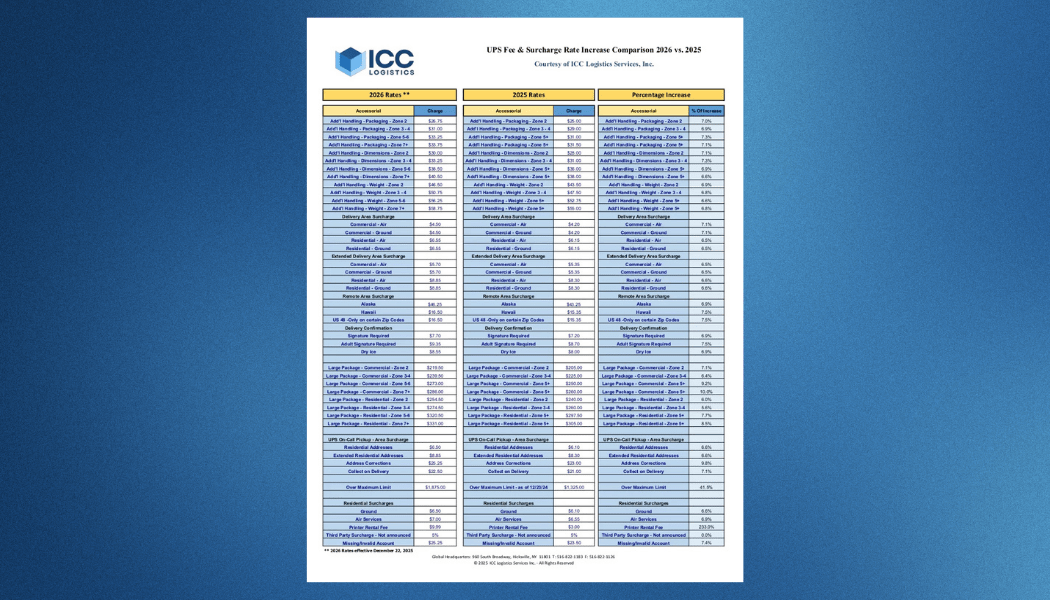The Wall Street Journal recently reported that Wal-Mart was applying what amounted to additional pressure on their major suppliers as a way to reduce Wal-Mart’s inventory carrying costs. This new cost cutting effort on behalf of Wal-Mart will begin in May and will likely add pricing pressure to their suppliers.
Wal-Mart suppliers that ship full truckloads to Wal-Mart D.C’s are being asked to deliver those loads within a specified two-day delivery window, however just for 87% of the truckload orders. The prior two-day deliver requirement was 85%.
Wal-Mart suppliers that ship partial truckloads will be required to have those shipments delivered on-time 70% of the time compared to the former 50% of the time.
Obviously these new delivery requirements could come at a significant cost to Wal-Mart’s suppliers. First and foremost is the potential for the suppliers to utilize more expedited transportation services in order to assure delivery within the time limits set out by Wal-Mart.
Secondly, and perhaps with an even higher cost to the supplier, will be Wal-Mart’s penalties assessed to their suppliers if those shipments do not arrive in the timeframe set by the giant retailer.
As one example of this, Wal-Mart has announced a change in the way it penalizes suppliers shipping partial loads. Wal-Mart is calling this their effort to get the suppliers goods on Wal-Mart’s shelves in a timely manner. This new penalty will cost those suppliers that fail to meet these new delivery guidelines a 3% “fine” (AKA chargeback), for the cost of goods sold for each case that does not meet Wal-Mart’s “On-Time, In Full (OTIF) requirement.
Wal-Mart’s Senior Vice President of Transportation and Supply Chain, Tracy Rosser told Mike Regan, Chief Relationship Officer of TranzAct in a recent on-line interview that “it’s very easy to look at it and say this could be a burden on my business however there’s a huge opportunity for suppliers to increase their sales.”
This is but one example of many we have seen and will continue to see where large retailers are constantly streamlining their supply chain operations. These efforts are directed to not only improve inventory turns and obviously increase sales, but also to pass more of their supply chain costs on their to suppliers’ back.
Many retail suppliers continue to believe their operations have always been operating at peak performance and therefore really don’t need to be continually tweaked to meet these continually demanding changes. Those suppliers are in for a big surprise because their sales will plummet and their operating costs will continue to rise and that is a truly deadly combination.



 to receive our FREE white papers:
to receive our FREE white papers: